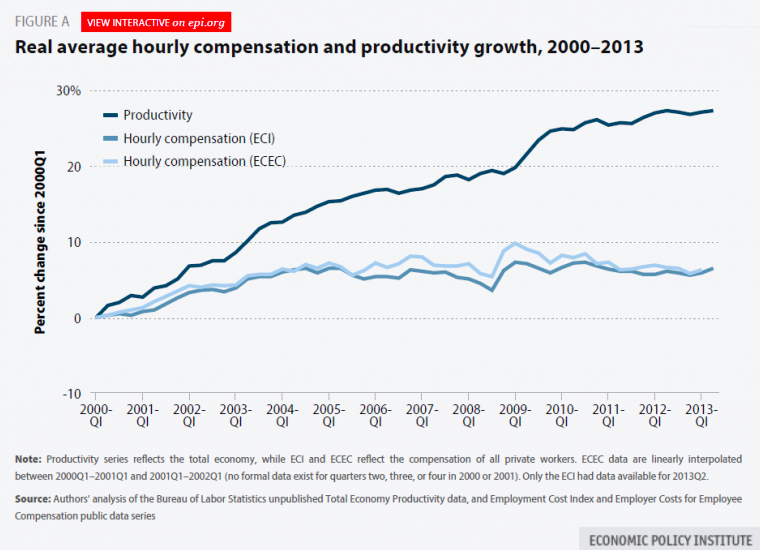Flannery O’Connor once said the following:
I write because I don’t know what I think until I read what I say.
I’m not sure that’s universally true but I think it might be true for me in some instances, specifically the one I’m writing about this week.
I wrote a piece on Medium last year at about this time bemoaning what Twitter had become for me. I had gotten too wrapped up in its tentacles, too guided by its directives.
I’ve done a good job of taking a lot of that time back in the last year but as I wrote in that piece, it’s hard to be good at my job and not be on Twitter.
But why, exactly, am I on it to begin with?
That’s part one of this little personal guide to Twitter I’m writing for (to) myself.
As I sat down and thought about it, I realized I’m on Twitter for two reasons.
1. To spark ideas.
2. To collect information.
Here’s an example of No. 1. I was trying to plan out my week on Sunday night and think about what I wanted to write about and I saw this tweet from my buddy Shane.
That single tweet planted the seed in my head for this lengthy post which, I think, was really interesting and entertaining and if not it was at least a blast to write.
So I’m on Twitter to spark ideas which (hopefully) lead to creating good content on the blogs I write for.
But I’m also there to gather information.
I can’t tell you the number of times I’ve written a post-round golf recap that’s included a quote or a stat or a funny piece of commentary from someone as context for what I’m writing about.
Twitter is the newspaper of the 21st century. What I mean by that is that it can deliver the news, yes, but you can also build your stable of columnists who offer commentary on whatever topic it is you enjoy (or work on). For me it’s golf and Oklahoma State athletics.
The evolution is that in the 1950s if you wanted to read the newspaper you were bound by whoever the columnist was in the city where you lived. As the Internet came about in the early 2000s you were bound by whoever websites were willing to hire to write stuff for them. Now you can read the opinions of anyone who has a phone or computer which is…everyone.
You can build your own newspaper, essentially.
This is both good and bad — I’ve used ideas from fans and friends to write some of the more well-received posts I’ve ever written but the problem is finding those folks who provide good ideas consistently.
And this is the crux of why I’m writing this series.
I don’t want to follow 760 people on Twitter. That steals my time and it’s not worth the extra bit of info or ideas I might receive.
So what are the parameters for who I choose to follow?
I’m not positive but I think they look something like: Smart and funny people that will provide good ideas and context to my work.
That seems like a good place to start, anyway.

